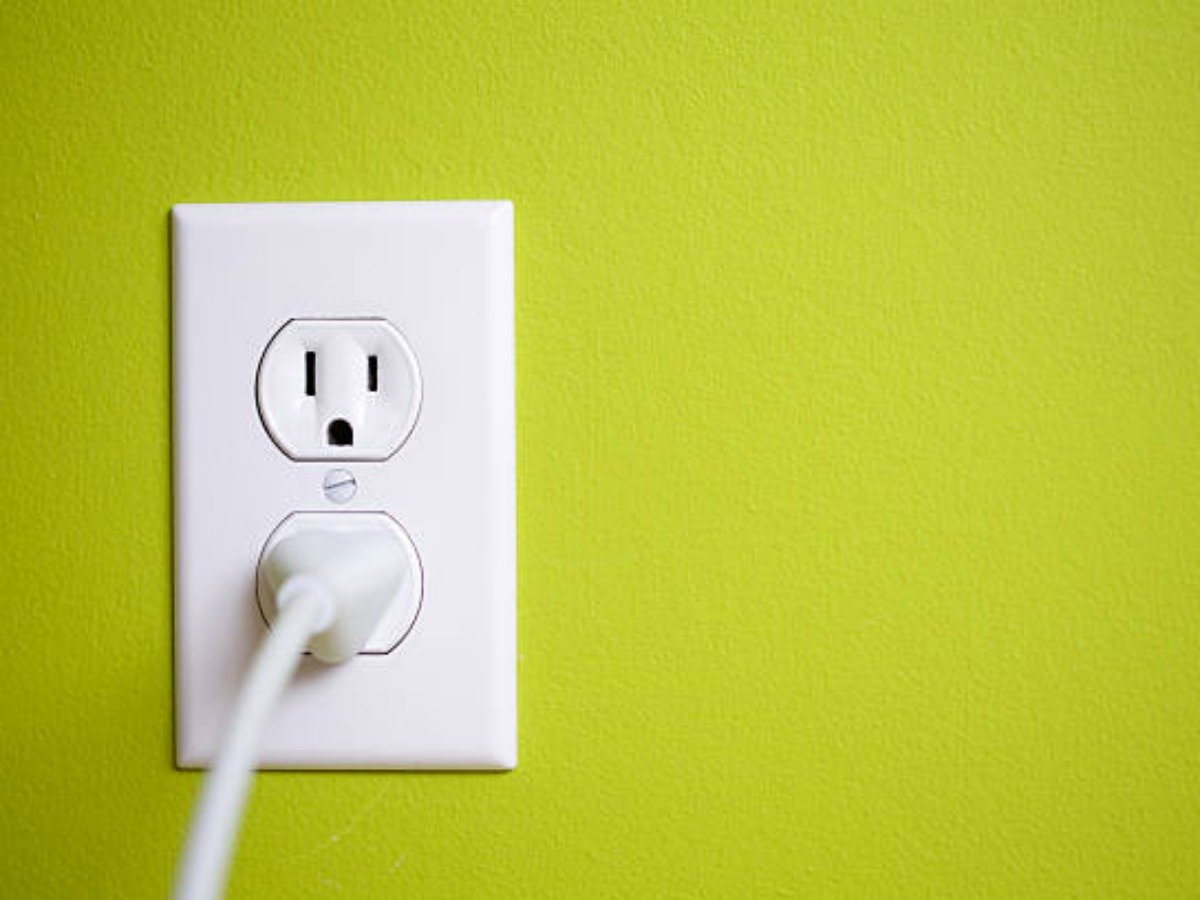What Does a Power Plug Do? Exploring the Functions and Importance of Power Plugs
Power plugs are an essential part of our daily lives, allowing us to connect various electronic devices to a power source. However, have you ever wondered what exactly a power plug does and why it is so important? In this article, we will delve into the functions and significance of power plugs, shedding light on their essential role in powering our devices.
The Basics: Power Delivery and Connection
At its core, a power plug serves as a connector between an electrical device and a power outlet. Its main function is to deliver electrical power from the source to the device, allowing it to function properly. This connection is established through the use of conductive materials within the power plug, which facilitate the flow of electricity.
Power plugs are typically equipped with two or three prongs, depending on the country's electrical standards. These prongs fit into corresponding slots within the power outlet, ensuring a secure and reliable connection.
Safety Features: Protecting Users and Devices
Power plugs also incorporate various safety features to protect both users and the connected devices. One of the most common safety features is the presence of an earth or ground pin, which is designed to redirect any excess electricity to the ground in the event of a fault, preventing electric shocks and potential damage to the device.
In addition, power plugs often include fuses or circuit breakers to prevent overloading and short circuits. These protective mechanisms help to safeguard both the device and the electrical system from potential damage caused by excessive current flow.
Compatibility: Adapting to Different Standards
With power outlets and electrical standards varying across countries and regions, power plugs also play a crucial role in ensuring compatibility. Different countries have different plug designs and voltage standards, and without the appropriate power plug, it would be impossible to connect and power devices in a foreign location.
Power plug adapters are commonly used to bridge the gap between different plug types and voltage requirements. These adapters allow travelers to connect their devices to foreign power outlets, ensuring they can continue using their electronic devices without any issues.
Power Distribution: Enabling Multiple Connections
Power plugs are not limited to connecting a single device to a power source. Many power plugs, especially those used in homes and offices, feature multiple sockets that allow for the simultaneous connection of multiple devices to a single power outlet.
This feature, known as power distribution, increases convenience and efficiency by reducing the need for multiple power outlets. It also helps to prevent overloading by distributing the power load across different devices.
Grounding and Electrical Stability
Another vital function of power plugs is grounding, which ensures electrical stability within the connected device. Grounding helps to eliminate electrical noise, static, and interference, providing a stable and reliable power supply for sensitive electronic components.
By establishing a direct connection to the ground, power plugs allow excess electrical charges to dissipate, minimizing the risk of damage to the device and enhancing its overall performance and longevity.
Protection Against Power Surges
Power surges, sudden increases in voltage, can pose a significant threat to electrical devices. Power plugs often incorporate surge protection features, such as surge protectors or suppressors, to safeguard connected devices from voltage spikes.
These surge protection mechanisms help to redirect excessive voltage away from the device, preventing potential damage and extending its lifespan. They are especially crucial in areas prone to frequent power fluctuations or lightning strikes.
Convenience: Portable Power Solutions
Power plugs also enable the use of portable power solutions, such as power strips and extension cords. These devices allow users to extend the reach of a power outlet and provide additional sockets for connecting multiple devices.
Power strips and extension cords are particularly useful in situations where the available power outlets are limited or far from the desired location. They offer flexibility and convenience, facilitating the use of electronic devices in various settings.
Energy Efficiency: Power On-Demand
One often overlooked aspect of power plugs is their contribution to energy efficiency. By allowing users to easily disconnect devices from the power source, power plugs enable the conservation of energy when devices are not in use.
Unplugging devices when they are not in use helps to reduce standby power consumption, also known as vampire power. This standby power accounts for a significant portion of wasted energy globally, and power plugs play a key role in mitigating this issue.
Conclusion
Power plugs are more than just connectors; they are essential components that enable the safe and efficient use of electronic devices. From ensuring power delivery and device protection to promoting energy efficiency and compatibility, power plugs play a vital role in our everyday lives. Understanding their functions and importance can help us make better-informed decisions when it comes to powering our devices and ensuring their longevity.

